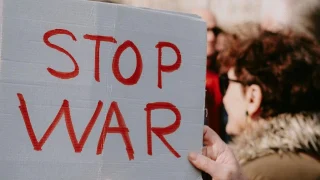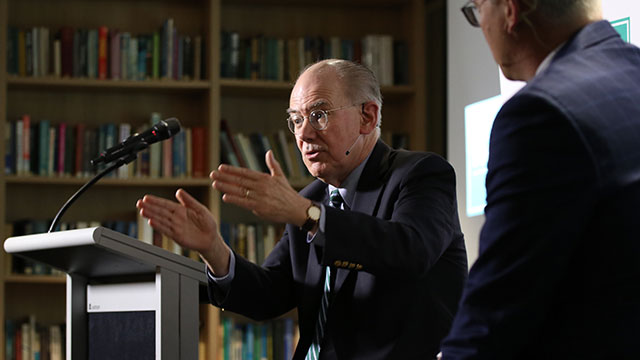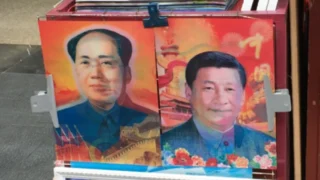
Papua New Guinea (PNG) shows every sign of following its Melanesian neighbour, the Solomon Islands, down the path to economic paralysis, government collapse and social despair.
• For most of PNG’s five million people, living conditions have barely improved since independence. Windfall mining revenues and generous levels of aid have subsidised a small political elite at the expense of investment in roads, education and health. Deficit financing and government borrowing for unproductive spending have left little money for key state institutions such as the police, legal system and armed forces. Violent crime rates are soaring, law and order have broken down, and PNG cannot effectively monitor and defend its land and sea borders.
- Democracy has been hijacked by those responsible for and benefiting from the ‘systemic and systematic’ corruption of public institutions. Some exemplary prosecutions for corruption would help restore legitimacy to government, but the legal system seems incapable of bringing either small or large crooks to justice.
- Population growth is high but economic growth is negligible so that the country is going backwards. Job creation is totally inadequate. The build-up of unemployed young people, particularly in urban areas, leads to demoralisation, social breakdown, escalating crime and growing civil unrest. The extent of lawlessness scares off investors and tourists, reinforcing a downward spiral whereby no jobs are created and law and order get worse.
- This decline is accelerating. In the past, PNG has always muddled through despite grim economic conditions
- and dire prognoses because people could fall back on subsistence farming and local markets to survive. But this social safety net now appears to be disintegrating under the impact of crime, which has spread to villages. The resulting hardship is taking its toll on traditional village life, fuelling urban drift.
- The central government’s weakness makes a fight for the spoils of secession more attractive to resource-rich regions. Protracted internal conflict, like the devastating war in Bougainville, threatens what remains of national cohesion. The government appears to have lost control of parts of the oil-rich Southern Highlands, which are contested by strongmen and criminals. This chaos is spreading to other parts of the country.
Australia will not be able to ignore any fallout. There is no ‘exit strategy’ as far as the neighbourhood is concerned. Geographical proximity and a shared history forged during the colonial era and World War II make our bilateral relationship with Papua New Guinea unique. Both the Australian public and the international community expect that Australia—as a developed neighbour, principal source of trade, aid and investment, defence partner, and former administering power—will take prime responsibility for resolving any problems should something go wrong. Failure to do so would undermine Australia’s aspirations to regional leadership.
It is clear that the longstanding ‘hands-off ’ approach of respecting PNG’s sovereign right to make its own choices by supporting its development since independence through generous aid has not worked in spite of AusAID’s best efforts. Little development has taken place. The dilemma is that more intrusive options—such as withholding funds until corruption is addressed—may adversely affect Australian interests and are bound to attract charges of callousness and ‘neocolonialism’ on both sides of the Torres Strait, as well as stiff opposition from those with a personal stake in the status quo.
The condition of PNG and Australia’s obligations with respect to it need to be urgently addressed. The matter is too important for debate to be inhibited by tagging alternative policy directions as ‘recolonising’ PNG and continuing with more of the same. Both the well-being of PNG and Australia’s reputation are at stake. If PNG’s downward spiral continues, conditions common in mineral-rich, central African countries will follow, leading to the further impoverishment of most Papua New Guineans at best or anarchy at worst. It would be a tragedy if for a lack of imagination or willingness to address hard issues, PNG sank into terminal decline.
Susan Windybank is Editor of POLICY, the quarterly magazine of The Centre for Independent Studies. Mike Manning is Director of the Institute for National Affairs, Port Moresby.









